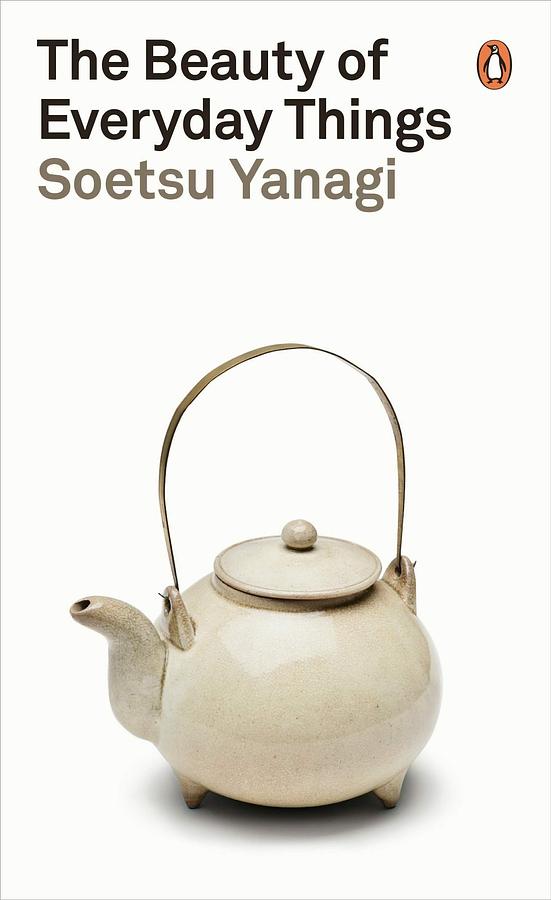內容簡介
內容簡介 日本美學家柳宗悅展露對器物之美的極致追求學習熱愛日長生活中的平常器物,思索自身與環境的和諧關係日本民藝運動之父柳宗悅透過對平常器物的熱愛,分享傳統工藝在日本設計中的重要地位及特色:工匠應該是隱姓埋名,產品應當是手工製造,簡潔且真實,當然還有最重要的是符合「侘寂」,從不完美中尋求美的真義。人們的日常生活中充滿各種器物,因為每日大量使用因此成為日常的重要夥伴。柳宗悅認為這些日常器物應該被謹慎製造且經久耐用,透過人們尊重及充滿情感般的對待。日常器物應該擁有匿名性和高質感,堅固且安全,美感與實用性兼具。簡而言之,日常器物必須是充滿美感的。柳宗悅長久以來一直被視為工藝和日式美學的權威,他用盡一生心血捍衛日本手工藝的價值。在這個虛偽且充斥機械製造的新時代,日常器物之美更加深人們認真看待周遭環境及加深其關係。柳宗悅長年受到日本和韓國工匠的啟發,透過這本經典之作,帶領人們重新認識日常器物,包括傳統茶具、器皿,甚至是手工造紙,為這些手工製品精心及複雜的製作過程提供最完美的辯護及其如何受到新一代設計師的青睞與熱愛。 The Japanese philosopher and aesthete's definitive, hugely influential exposition of his philosophy of folkcrafts, setting out the hallmarks of Japanese design as we know it today: anonymity, quality, simplicity and honesty—and, of course, wabi-sabi, the beauty of imperfectionA Penguin ClassicOur lives are filled with objects. Everyday things used in everyday settings, they are our constant companions. As such, writes Soetsu Yanagi, they should be made with care and built to last, treated with respect and even affection. They should be natural and simple, sturdy and safe—an aesthetic fulfillment of our practical needs. They should, in short, be things of beauty.Long revered as the authority on craftsmanship and Japanese aesthetics, Yanagi devoted his life and writing to defend the value of craft. In an age of feeble and ugly machine-made things, The Beauty of Everyday Things is a call for each of us to deepen our relationship with the objects that surround us. Inspired by the work of the simple artisans Yanagi encountered on his lifelong travels through Japan and Korea, this now-classic book is a heartfelt defence of modest, honest, handcrafted objects, from traditional teacups to jars to paper—objects that exemplify the beauty of everyday things.
作者介紹
作者介紹 Soetsu Yanagi Soetsu Yanagi (1889–1961) was a philosopher, art historian, aesthete and poet. He evolved a theory of why certain objects made by unknown craftsmen were so beautiful, and became the founding father of the Japanese folk crafts (“mingei”) movement. He helped establish, and was the first director of, the Japanese Folk Crafts Museum.
